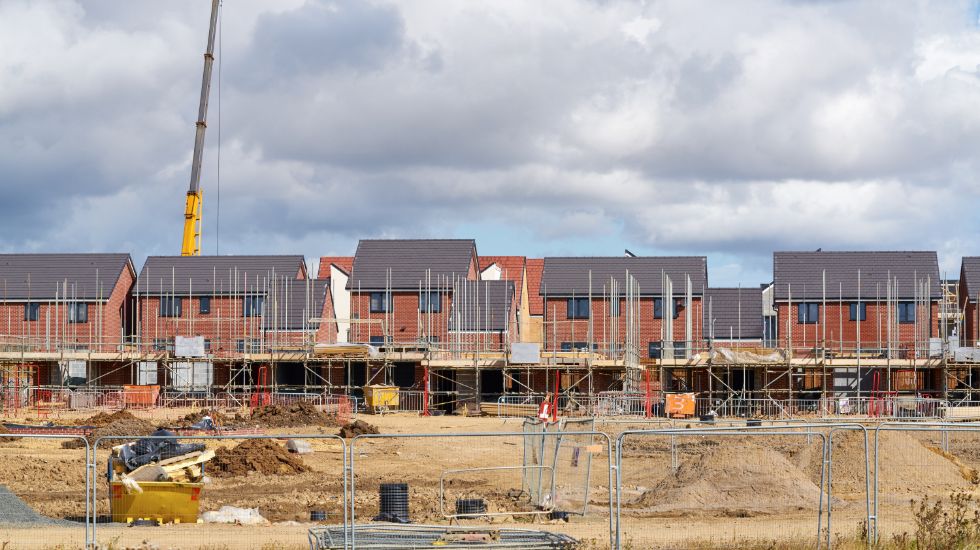
Insight
The Association of Leasehold Enfranchisement Practitioners (ALEP) has reported a rise in homeowners reviewing their leasehold extension opportunities and rights.
Lockdown appears to have inspired more people to review their leases with tenants increasingly researching their right to claim a new lease and enfranchisement option.
In general the freehold of a block of flats is owned by a separate landlord. In many cases that landlord is also responsible for managing and maintaining the building and service charges are paid to them to cover the cost of managing, maintaining and insuring the building.
The individual flats are then let on long leases (typically between 99 and 999 years). This means that the owners of the leasehold flats own that property for a fixed period of years only.
A flat owner may extend the term of the lease either by agreement with the landlord in which case the length of the new term and the premium and ground rent to be paid are a matter for negotiation between landlord and the tenant – or (provided certain conditions are fulfilled) by following the statutory procedure set out in the Leasehold Reform, Housing & Urban Development Act 1993 (“the 1993 Act).
Under the 1993 Act a leaseholder who has been the registered owner of a leasehold flat for at least two years can claim the right to extend the lease by 90 years in addition to the remaining term, and has the benefit of reducing the ground rent at the same time to a “peppercorn”, which is effectively zero. The new lease should also be on the same terms as the existing lease, subject to modifications to update the old lease, modify a defect or to update a term of the lease where the law has changed.
Whilst informal lease extensions may not be right for every situation, they remain a viable option for tenants looking for some flexibility when extending their lease. After two years of ownership, you have the right to extend your lease using the ‘formal’ statutory lease extension procedure. However, a tenant can apply to the freeholder for an informal lease extension at any time. The main advantages of the informal lease extension are:
On the other hand, the landlord may want to increase the ground rent (unlike with a statutory lease extension, the ground rent is reduced to a nominal or ‘peppercorn’ rate) and any increase may affect the saleability of the property. The other possible disadvantages may be:
Not all tenants will qualify for a statutory lease extension. The 1993 Act provides a very strict procedure with strict deadlines. The initial steps in the statutory process include:-
To qualify under the 1993 Act A tenant must have owned the a lease for at least two years and the original lease must have been a long lease i.e. a lease originally granted for a term of at least twenty one years.
Once the above is established, a valuation will need to be carried out. The valuer will inspect the flat and ascertain the premium or price to be included in the Section 42 Notice (see below).
The Notice informs the landlord that the tenant is exercising their right, under the 1993 Act, to extend their lease. Once the Notice has been served, the landlord can request a deposit which is calculated at 10% of the premium contained in the Notice (or £250 if 10% of the premium is less than £250). The landlord is also entitled to have their own valuation carried out in order to determine the premium that will be inserted into their Counter Notice (see below).
Under the Act, the landlord has two months to respond to the Notice with a Counter Notice. The Counter Notice will state which provisions of the Notice the landlord accepts or rejects and where any provision is rejected, a counter proposal should be made. The Counter Notice will also contain any additional provisions that the landlord wishes to include. If no agreement can be reached between the parties (on terms and/or premium) then it will be necessary to issue an application in the First Tier Tribunal (FTT). The FTT will decide on any outstanding matters that the parties have been unable to agree
The main advantages of going down the statutory route are:
The main disadvantages of going down the statutory route may be:
For more information on this topic, please get in touch info@ts-p.co.uk
